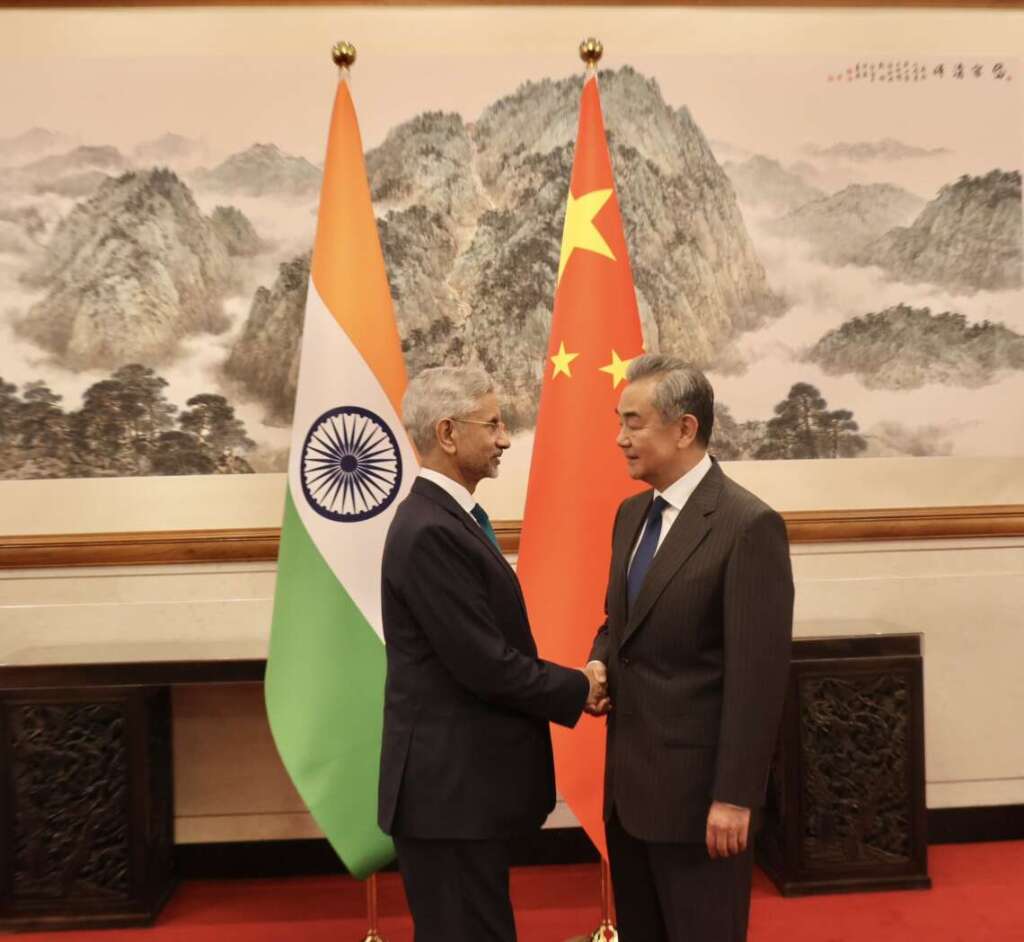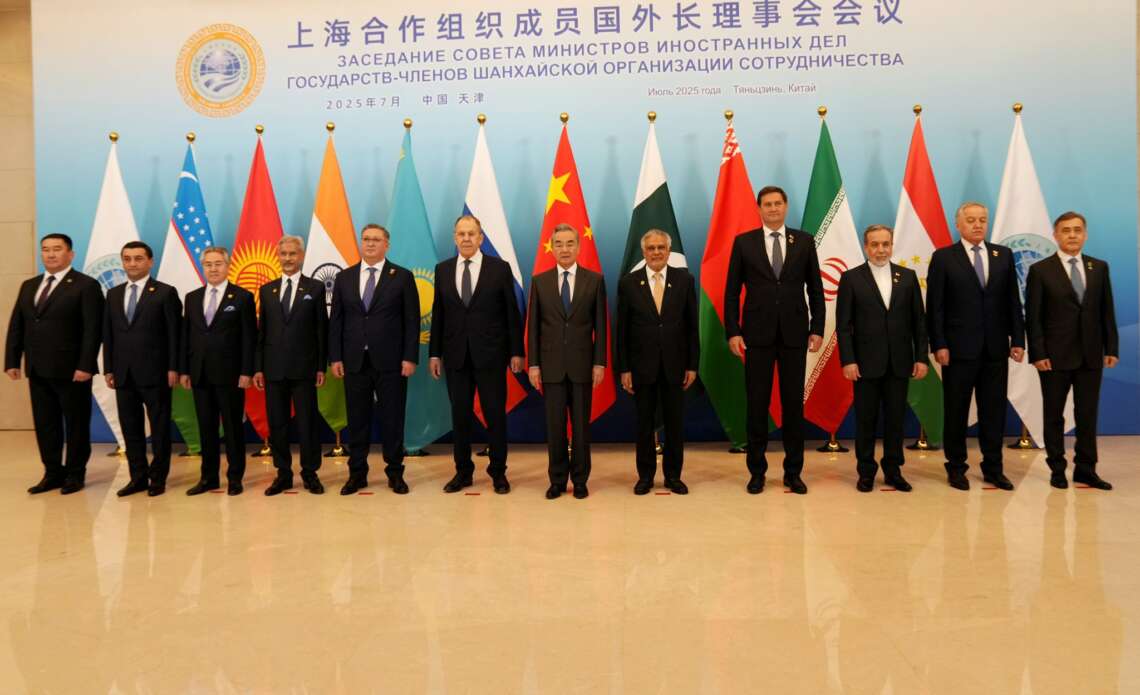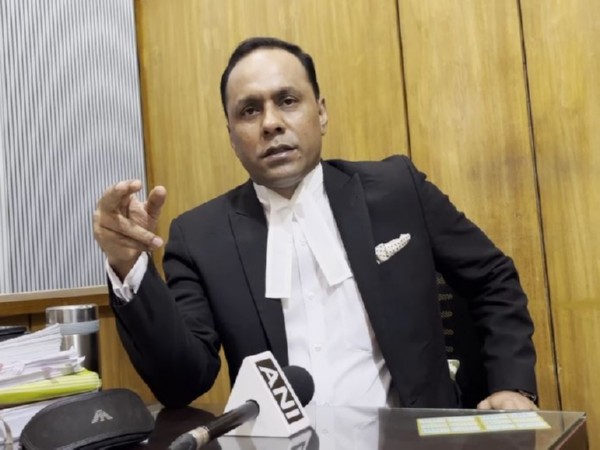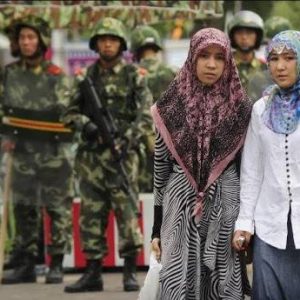Wang Yi outlines five-point roadmap as foreign ministers prepare for key Tianjin summit; Jaishankar calls for stronger regional cooperation.
Chinese Foreign Minister Wang Yi laid out a comprehensive five-point vision for the future of the Shanghai Cooperation Organisation (SCO) during the Council of Foreign Ministers meeting in Tianjin, calling on member states to deepen cooperation and strengthen the SCO’s role amid rising global tensions and economic shifts.
Wang, a member of the Political Bureau of the Communist Party of China (CPC) Central Committee, addressed foreign ministers from across the SCO’s diverse membership, including India, Russia, Iran, and Central Asian nations. The meeting was part of the run-up to the SCO Summit scheduled in Tianjin from August 31 to September 1.
In a statement issued by the Chinese Ministry of Foreign Affairs, Wang said the world was undergoing “accelerating century-old changes,” marked by greater multipolarity and deepening globalisation, but also challenged by the resurgence of hegemony, protectionism, and regional conflicts. In such a context, he urged SCO members to act with “a responsible attitude towards history and the future” by strengthening the organisation’s institutional framework and cooperative spirit.

The Five Proposals
Wang’s five-point proposal for the SCO’s future centred around: upholding the founding “Shanghai Spirit,” sharing security responsibilities, promoting mutual economic benefit, fostering neighbourly relations, and defending global justice and multilateralism.
He described the Shanghai Spirit as the “root and soul” of the SCO, defined by mutual trust, mutual benefit, equality, consensus, respect for diverse civilisations, and the pursuit of common development. “We must carry forward this spirit to enhance the cohesion, effectiveness, and international appeal of the organisation,” Wang said.
On regional security, Wang stressed the importance of a unified front against the “three forces” of terrorism, separatism, and extremism, while also expressing concern over emerging threats, including cyber-security and biosecurity. He specifically referenced recent instability in the Middle East and alleged violations of Iran’s sovereignty as pressing examples.
“The SCO must strengthen its collective capacity to address both traditional and non-traditional threats,” Wang noted, urging greater information-sharing, joint drills, and anti-terror coordination under the organisation’s Regional Anti-Terrorism Structure.
On the economic front, Wang called development “the hard truth” and the ultimate solution to instability. He proposed deeper cooperation in digital innovation, infrastructure, green technology, and trade. “The SCO must ensure no country is left behind as we move towards sustainable development,” he said, advocating stronger interconnectivity across Eurasia.
He also highlighted the importance of good neighbourly relations, calling on SCO states to “build a beautiful common home,” grounded in mutual respect, cultural ties, and peaceful coexistence.
Finally, Wang urged the SCO to take a principled stand on defending fairness in global governance. He stressed the need to uphold the UN’s authority and promote a multipolar world where “inclusive globalisation” and “common values of mankind” trump unilateralism and self-interest.
India’s Engagement and Broader Participation
External Affairs Minister S. Jaishankar, who also participated in the meeting, reaffirmed India’s commitment to the Afghan people and regional stability. In a social media post following the meeting, Jaishankar stated, “Afghanistan has long been on the SCO agenda. Regional stability depends on the well-being of the Afghan people. The international community, especially SCO members, must step up with development assistance.”
Jaishankar also highlighted India’s support for a stable multipolar world and greater cooperation within multilateral frameworks like the SCO.
The meeting was attended by top diplomats and officials from all member states and observers, including Belarusian Foreign Minister Sergei Aleinik, Iranian Foreign Minister Abbas Araghchi, Russian Foreign Minister Sergey Lavrov, and Pakistani Deputy Prime Minister and Foreign Minister Ishaq Dar. Foreign ministers from Kazakhstan, Kyrgyzstan, Tajikistan, and Uzbekistan, along with SCO Secretary-General Nurlan Yermekbayev and RATS Executive Committee Director Ruslan Sharsheyev, were also present.
The discussions laid the groundwork for the upcoming Tianjin Summit, with the signing of several preparatory documents, including the draft Tianjin Declaration and the SCO’s development strategy for the next decade.
Wang Yi concluded the session by thanking member states for their support during China’s rotating presidency of the SCO and expressed confidence in the success of the Tianjin Summit.
“Let this be the summit that ushers in a new phase of high-quality development for the SCO,” he said, reiterating the need for unity, vision, and pragmatic cooperation in uncertain times.
As the SCO prepares for its next chapter, the statements made in Tianjin indicate that member states are seeking not only to bolster regional stability but also to reposition the organisation as a key pillar of global multipolarism in the face of geopolitical flux.













